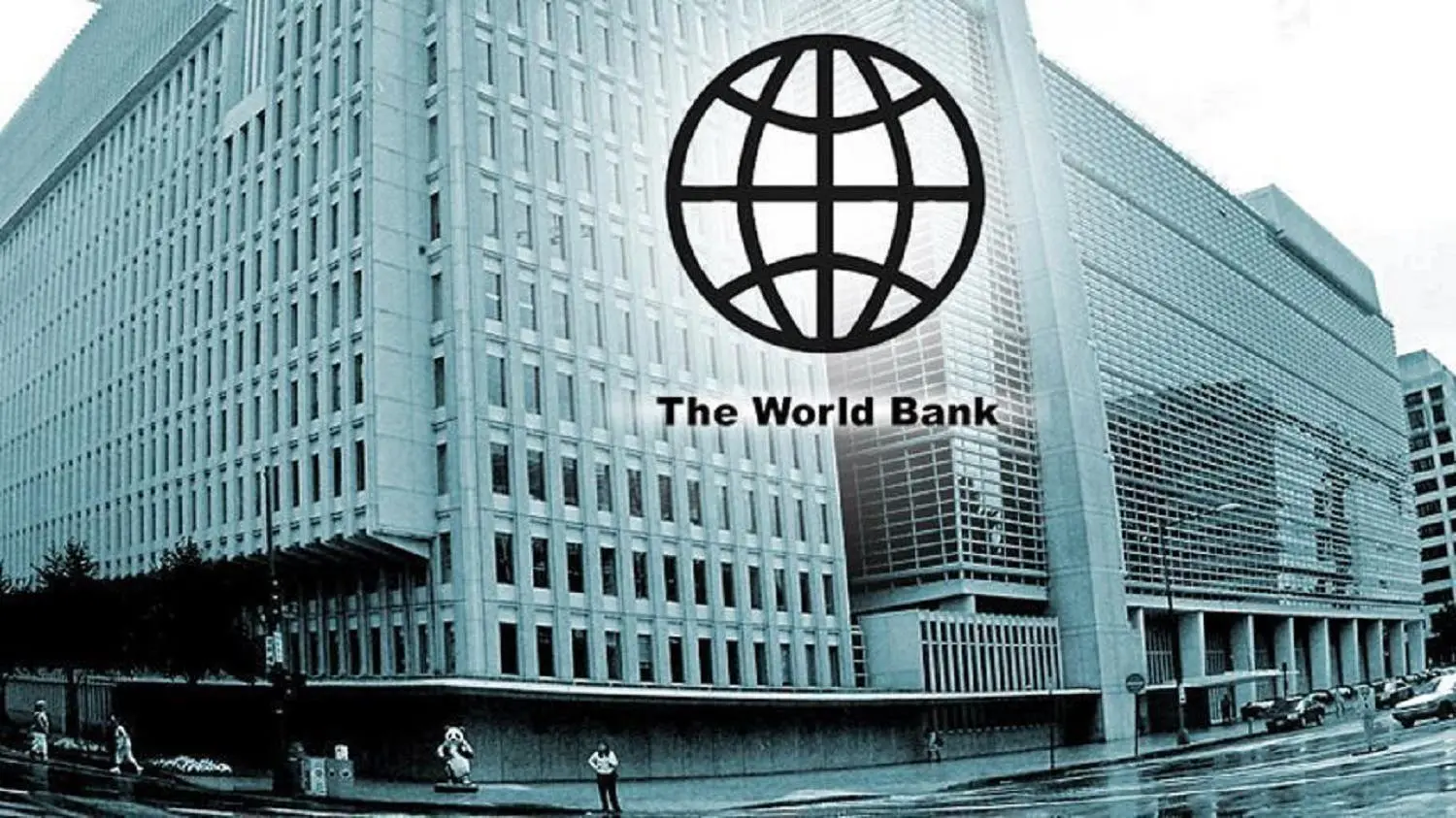The President of Nigeria’s Senate, Godswill Akpabio, has called on the International Parliamentary Union (IPU) to lend a strong voice to the restoration of lasting peace in war-torn Gaza.
Akpabio made the call while contributing to discussions at the ongoing 148th Session of the International Parliamentary Union Assembly in Geneva, Switzerland.
He said it is time for nations to rise above sentiments and invoke the spirit of humanity, by doing all they can to bring sustainable peace to the region.
Some of the resolutions, according to the Chairman of Nigeria’s National Assembly, should include access to humanitarian aid, the restoration of normal life in Gaza, and meetings on a permanent truce.
His words: ” Madam President, this is a lone voice from Nigeria. We tried our best in Angola, and we failed to lend a collective voice to what is happening in Gaza. Today, the world is very expectant.
“We must drop ego. It has nothing to do with which country brings the proposal. The basic tenets of humanity demand that we leave here with a resolution for the rest of the world, to show that we have human feelings in us.
“The issues are very clear. If you notice the proposal for 12 blocs; they attempted to even marry the proposals from South Africa. Yes! South Africa has a right to be emotional, but we have children who are dying even as we are talking now. We have people who do not have water to drink, even as we are talking now. We have people who are going to suffer infections from gunshots.
“We have to show the world that we are human beings. The cessation of hostilities must be a part of our resolutions. Access to humanitarian aid must be a part of our resolutions.
‘At the same time, the release of hostages and even those who are prisoners of war, because if both sides take steps in releasing the hostages, releasing the prisoners of war, it means that both sides have agreed that the international community can go to the next stage, which is negotiation for sustainable peace.
“If they cannot agree, I would urge that, from here, we have a three-man drafting committee to come up with those resolutions which we must make before we leave here.
‘We can no longer allow a child to die tonight without lending our voice. It doesn’t matter which side. We are all parents. If we come here to look for ego and then try to be emotional, it’s not affecting them.
“There’s nothing affecting Denmark; there’s nothing affecting South Africa. The people affected are over there and nobody will agree to the lone resolution from Israel. It must be all-encompassing so that we stand up from here as human beings. That would be my plea.
“Let them go aside, meet and remove those vexatious items. In the course of their discussions, we can have amendments. We can add items that we should add, but we must discuss the Gaza issue in this 148th IPU Assembly. That is my position.”

